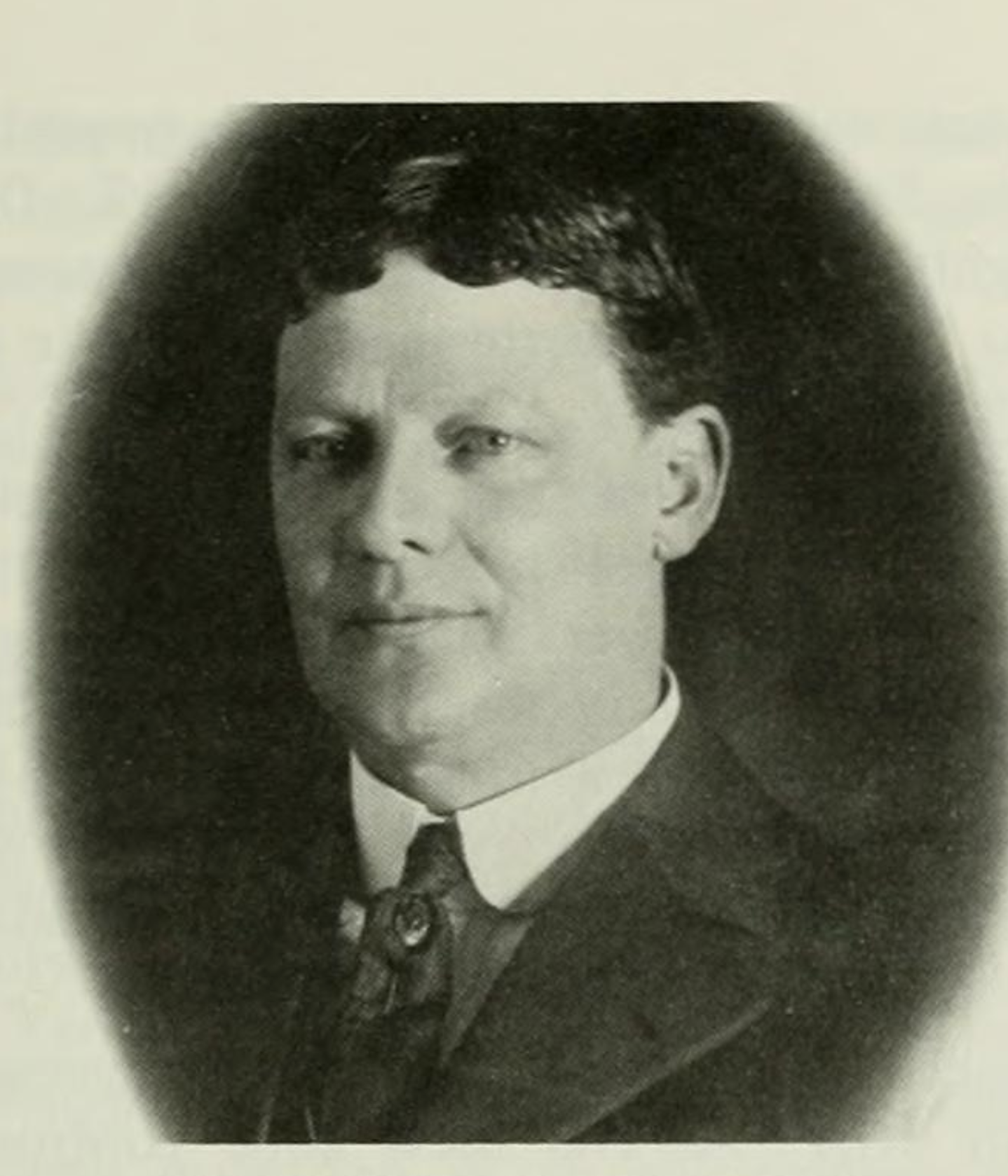Photo Credits: Dr. Schmucker from Centennial History of West Chester State College
When I first read through the rediscovered writings of science center namesake Samuel C. Schmucker, I was disgusted. Disgusted but unsurprised. It seems that now more than ever, notable figures from the past are having somewhat of a reckoning, with public opinion shifting to oppose these often racist, sexist, and egregiously outdated ideas. With this increase in attention however, it seems easier than ever to get lost in a complete oversaturation of callout tweets, sternly worded e-mails and other forms of “post-correction.” I wanted to make sure that I provided the clearest and most educated description of what exactly Schmucker wrote, and what exactly those writings mean, in the context of when they were written, as well as today. To get the expertise I felt I needed, I spoke with Dr. Brent Ruswick, an expert in Medical Science History, and a professor here at the university. I’ll be highlighting some of the most insightful aspects of our conversation, and try and communicate why I feel this issue is so important. Thanks again to Dr. Ruswick for his time and expertise, and I hope you can understand why I feel so strongly that this issue must be addressed.
Is there a precedent? Has this happened at other schools? What did they do?
“West Chester isn’t alone in facing, you know, this sort of issue. You know, here is a list, each one of these hyperlinked to news articles that get further into it, of other universities that have been confronting their history with eugenics and have been removing building names around the country. You have states that are apologizing, that are, you know, giving reparations, you know, to victims of eugenics.” This is not some weird crusade that a couple of students and one professor are going on. This is something that universities and states have been grappling with, you know, for 20 years and reflects a legacy of recognizing that eugenics is wrong.
How can we discern between ideas that were “of the times” and ones that were opposed? Where did eugenics fall within that?
This isn’t the woke mob of social justice warriors and cancel culture and all of those sorts of talking points. We have been saying, wait a minute, eugenics is wrong. Since the eugenics movement.
Schmucker’s own scientific peers were not uniformly for eugenics. You know, there were scientists then in the 19 teens going, wait a minute, this is not how evolution works. This is not how heredity works. And even if it was, that would be a bad idea.
What are the connections to more well known examples of Eugenics (i.e. WWII Germany)?
Schmucker’s language in particular about sort of the poisoning of the human stock is very much Nazi language, about 20 years before Nazis. I think we are underselling the severity of this. Nazi Germany’s first racial hygiene law from 1934, is modeled off after American proposals. They give an award to the American who’s writing this sort of model legislation. Certainly Nazi Germany was going to go full Nazi on their own without, you know, any, you know, contribution from the U.S.
We need to understand what made Schmucker, Schmucker; and that can maybe even make us more appreciative or sympathetic of his position. But we are then still allowed to judge him and say, yeah, at the end of the day, he still picked wrong.
How did these writings come back into question? Why now?
I don’t think that anyone can be that surprised that if you commission. A celebration of 150 years worth of history, that there’s a risk that, you know, unpleasant things are going to be, be brought to light. This is an opportunity to celebrate, you know, the innovative first rate, research of West Chester University Humanity students, and of faculty who bring their own research and student research into the classroom.
As we were wrapping up our conversation, one point really seemed to keep echoing around my head, and at the time of writing, is still both on my mind and unanswered. When groups like Matthew 24 show up on our campus, spewing hateful untrue and damaging rhetoric, we are all sent an e-mail on behalf of the university condemning the messaging, as well as explaining the intricacies and sometimes unsatisfyingly stagnant nature of the situation. Why hasn’t that happened here? What exactly is preventing the university from addressing these problems in a public way?
If you’d like to read more about the publications and history of Samuel Christian Schmucker, I encourage you to check out the complete expository letter we received earlier this year, which is posted on our website.
Henry Campbell is a fourth-year English major with a minor in journalism. HC933776@wcupa.edu


Thanks for working to document the sordid history of Samuel Schmucker; Dr. Alnes drew my attention to this piece. I believe that the US has relied on “historical relativism” far too often with famous problematic figures. Is infamy equivalent to fame when looking backwards or something?
I feel that this piece echos the arguments over Confederate statue removal. It doesn’t seem ahistorical to flatten and pulverize the noble depictions of gallant, horseback Confederates. We’re very capable of deducing the existence of an enemy to US sovereignty through depictions of Union leaders and historical archives. But even if in time public sentiment takes issue with problematic Union leaders, I don’t see the harm in reflecting the US’ changing cultural values with new monuments. Those in favor of maintaining the status quo in terms of this historical view seem to think it’s ancient history, when in reality the US has a young history.
Your piece noted several consecutive published works by Schmucker that expressed continued white supremacist ideology; there’s no redemption arc to defend his backwards views. Do we really want to place achievement over character? What does that suggest about the US, then?
Great piece, thanks for sharing.